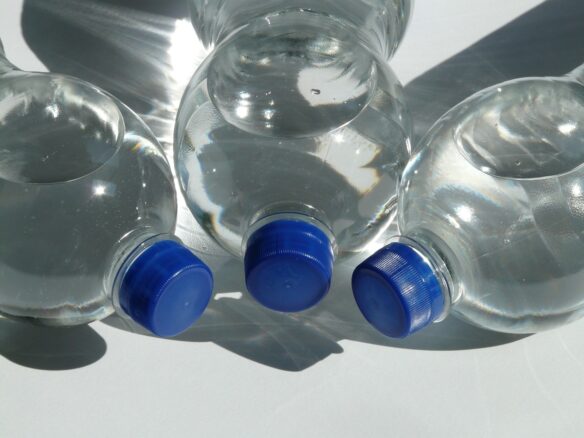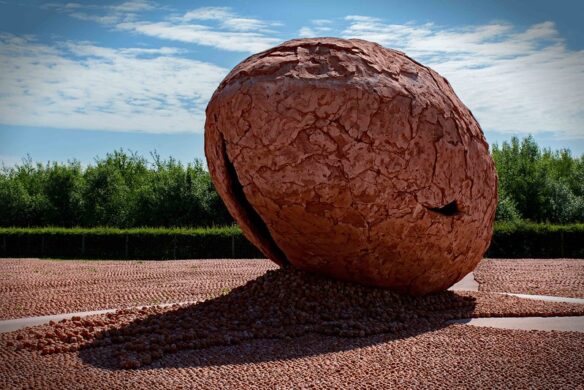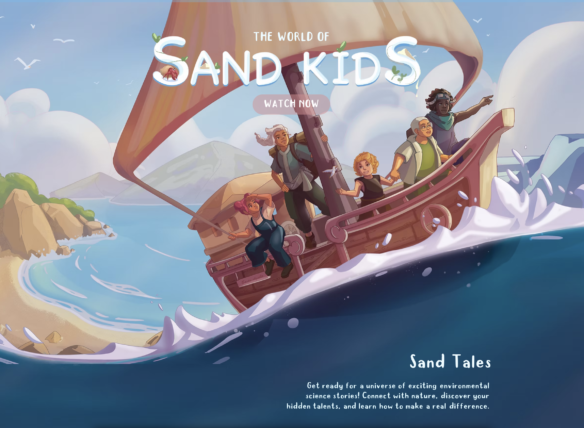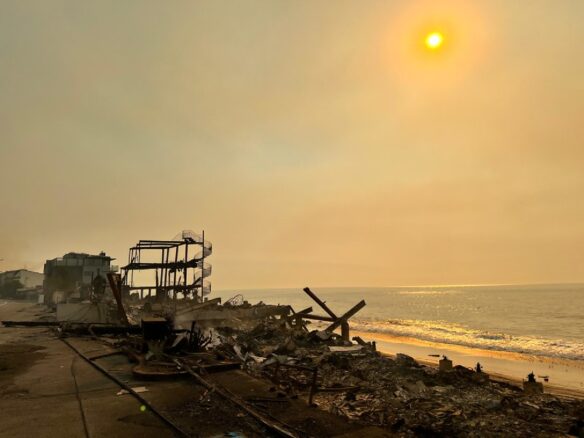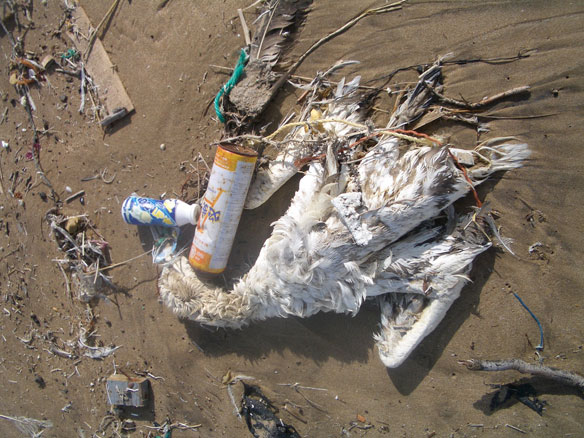
“When plastic ingestion occurs, it blocks the digestive tract, gets lodged in animals windpipes cutting airflow causing suffocation, or fills the stomach, resulting in malnutrition, starvation and potentially death. Indeed, it is found that debris often accumulates in the animals’ gut and give a false sense of fullness, causing the animal to stop eating and slowly starve to death.” —Captions and Photograph: © SAF — Coastal Care
Excerpts;
A new study of seabirds that had ingested plastic debris has revealed a range of non-lethal impacts on their health and physiology. While seabird deaths due to swallowing plastic debris or becoming entangled in it have received global attention, the non-lethal effects on seabirds that survive plastic ingestion are less well-known…
Read Full Article; Science Daily (07-30-2019)
90 Percent of Seabirds Have Plastic in Their Stomachs; Newsweek (09-01-2015)
By 2050, nearly all seabirds will have plastic in their stomachs. Already, 9 out of 10 of the birds have some of the substance in their digestive tracts. Such are the sobering conclusions of a study published August 31 in the journal Proceedings of the National Academy of Sciences…
A Video: Midway Journey II, An Environmental Tragedy Depicted
“Midway Atoll, one of the remotest islands on earth, is a kaleidoscope of geography, culture, human history, and natural wonder. It also serves as a lens into one of the most profound and symbolic environmental tragedies of our time: the deaths by starvation of thousands of albatrosses who mistake floating plastic trash for food…” Five media artists, led by photographer Chris Jordan, traveled to Midway Atoll National Wildlife Refuge to witness the catastrophic effect of our disposable culture on some of the world’s most beautiful and symbolic creatures.
Midway Atoll, Northwestern end of the Hawaiian archipelago
Message from the Gyre is an image by Chris Jordan, from the Midway Series…
New UN report finds marine debris harming more than 800 species, costing countries millions; United Nations (12-05-2016)
Marine debris is negatively affecting more than 800 animal species and causing serious losses to many countries’ economies, according to a United Nations report launched December 5th, 2016…
Video captures moment plastic enters food chain, BBC News (03-11-2017)
A scientist has filmed the moment plastic microfibre is ingested by plankton, illustrating how the material is affecting life beneath the waves. The footage shows one way that plastic waste could be entering the marine and global food chain…
Plastic Pollution: When The Mermaids Cry, The Great Plastic Tide, Coastal Care
Washed out on our coasts in obvious and clearly visible form, the plastic pollution spectacle blatantly unveiling on our beaches is only the prelude of the greater story that unfolded further away in the world’s oceans, yet mostly originating from where we stand: the land…

